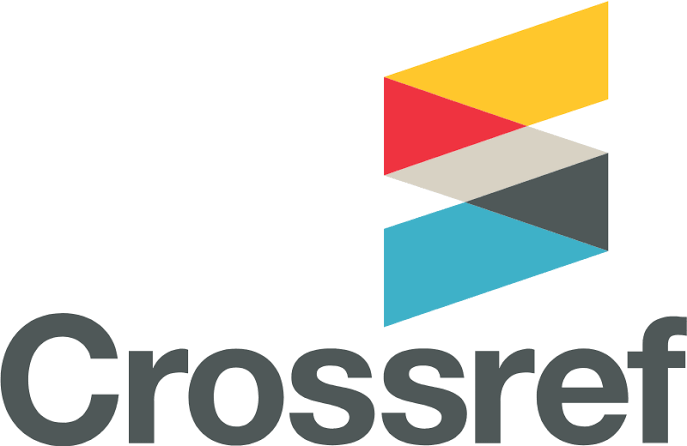TERTIARY EDUCATION AND COMMITTEE SYSTEM IN NIGERIA
DOI:
https://doi.org/10.59795/m.v2i3.188Keywords:
committee system; tertiary education; governance; transparency; accountability; institutional effectiveness; NigeriaAbstract
This chapter investigates the committee system in Nigerian tertiary institutions as a governance mechanism, examining its forms, roles, benefits, challenges, and sustainable improvement strategies. Drawing from empirical studies in Nigerian universities and polytechnics — including research in Lagos State and North-East Nigeria — it explores statutory, standing, and ad-hoc committees as tools for participatory decision-making, accountability, quality assurance, and institutional effectiveness (Lawal, 2024; Ahaotu, Ogunode, & Ayisa, 2021). Although committees are widely established, their operations are frequently undermined by financial constraints, political interference, bureaucratic bottlenecks, resource inadequacy, communication gaps, and corruption. The chapter argues that to enhance the committee system’s utility, institutions should clarify committee hierarchies, incorporate technology for coordination, include diverse stakeholders, conduct training for committee members, and establish regular evaluation and review mechanisms. By implementing these strategies, tertiary institutions can strengthen transparency, academic standards, and institutional stability. In doing so, committees will better fulfil their intended roles not merely as formal administrative tools but as dynamic, responsive bodies that improve governance, enhance academic administration, and contribute to national development.
Downloads
Published
How to Cite
Issue
Section
License
Copyright (c) 2025 Multi-Disciplinary Research and Development Journals Int'l

This work is licensed under a Creative Commons Attribution-NonCommercial-NoDerivatives 4.0 International License.












